Are you losing money or advertisers because of PPC fraud? Then come in now to discover what PPC fraud is and how to protect yourself from this menace that is not ending anytime soon.
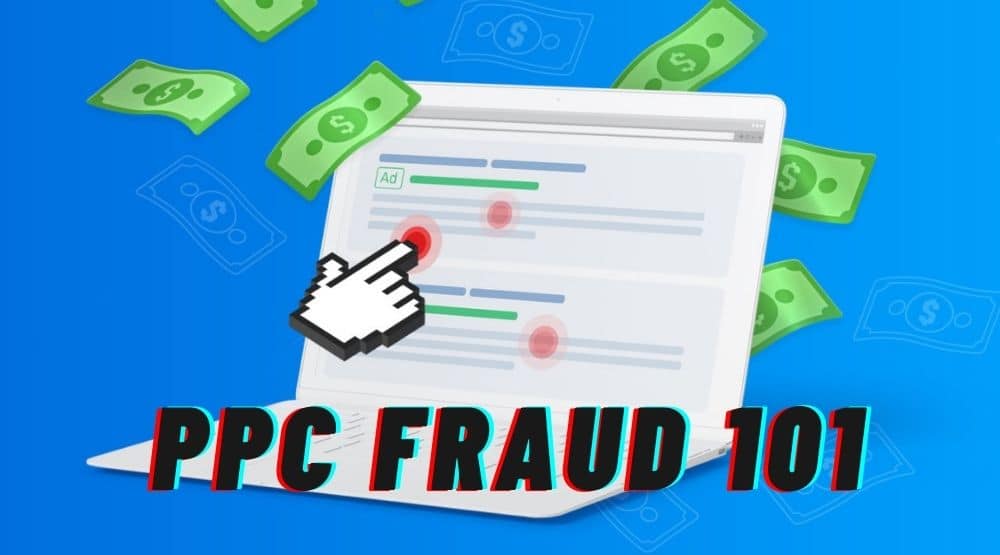
PPC Fraud has gradually become a viable problem for most companies that engage in ads campaign. PPC stands for Pay-Per-Click.
You pay ad publishers like Google to put your company ads in front of the precise customers. And every click from a client is money out of your pocket. Hence, if these clicks are from fake or malicious click farms hired to carry out these activities, you can tell how much dollars such acts will be causing your company.
In 2022, according to statistics on the numbers of legitimate PPC click ads campaigns, an estimated record reveals that on both search engines and social platforms, 14% of the PPC ads are not valid, thus fraudulent. Also, an estimated 43% of traffic that is supposed to generate value for these companies are bot clicks, so the validity is zero or worthless.
One thing to note is that the possibility of this PPC fraud slowing down is not feasible – as every statistical prediction pinpointing this fraud views it on the rise. Therefore, in this article, we will be covering what PPC Fraud is and how to protect yourself from that.
What is PPC Fraud?

Pay-Per-Click (PPC) Fraud is a click fraud type whereby people or bots repeatedly click on your ads with zero intention of doing business with you. This type of fraud is the most common and significant in terms of causing the company severe damage.
PPC fraud is very resounding, so its handling should not be flexible as it can cause companies huge losses that can lead to them struggling to stand on their feet. Your company can pay for Google ads campaigns so they rank high on the search engine giant SERP, thus becoming visibly noticeable by a larger audience, but due to these malicious clicks, you will only end up wasting money.
This fraudulent act does hurt because the number one aim in creating and building traffic for your brand is getting known. Without any visibility, there is no possibility of your business or organization gaining such grounds. For instance, you pay $3000 for Google ads.
In no time, you start recording several random clicks every minute that ticks; you will be happy, but only to find out all these clicks are from a few searches or even one person without any intention of helping you grow; instead, they burn the hard work you have put out.
That is how terrible PPC fraud can be. It will even interest you to know that malicious clicks can arise from someone whose activities across your site shows good interest because they will walk through your site and adhere to all necessary terms and condition. Moreover, their main goal is to screw you big with fraudulent clicks and waste your resources.
Types of PPC Fraud
When talking about the types, PPC fraud is in two categories. As a company, you must know what type you are battling with to aid your setup to fight and stand against this fraud. Now let’s see the types.
1. Malicious PPC Fraud
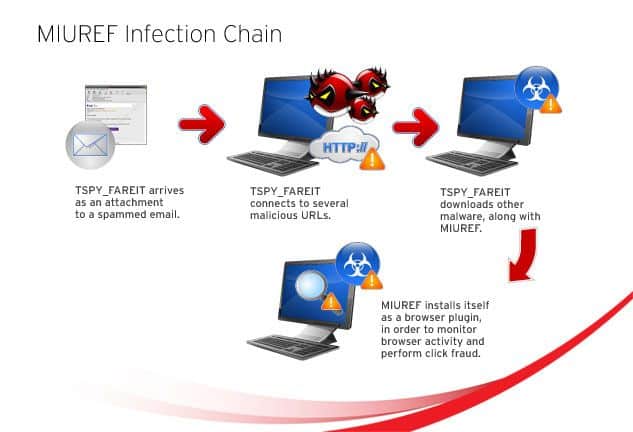
Just as the name implies, malicious PPC fraud is the type that competitors often perpetuate with the apparent intent of harming a company. When ads are on the front line of the search engine result page, malicious fraudsters deliberately click on these ads repeatedly to finish up your ad budget.
There is also a group of fraudsters that will set up a site and register as an ad publisher on third-party services like Google AdSense. the goal is to click on the ads on the site and then claim the fraudulent revenue generated.
In all, the intention is fraudulent, either to make money off you or just to drain your ad budget. Some will also do it to mess up your analytic data in a bid to get you to make the wrong decision.
2. Non-malicious PPC Fraud

This PPC fraud is directly opposite of the malicious type. Here, the intent is not to cause you any harm or waste your resource. The fraud here is unknowingly by customers wanting to check on your site and take a walk to see what you do and how you can serve them.
However, knowing they click on your ads while doing this it’s definitely going to cost you money. The act of checking through your site is good, but when hundreds and thousands of customers carry out the same, it becomes a disadvantage because it generates no ROI; instead, you are paying for every click.
Who Commits PPC Fraud

While individuals can commit PPC fraud, most PPC frauds are committed using bots, botnets, and click farms. But who are those that commit this fraud, and why do they engage in it?
-
Ad Fraudsters
The number one group of people that commit PPC fraud are ad fraudsters. the people that create a site and display ad for their own clicking. Usually, their clicks won’t result in any meaningful amount before they are fished out and blocked. for this reason, they employ the use of bots and proxies. some even go as far as using botnets to make their activities more distributed and difficult to detect. there is also a group of scammers that depend on click farms of low wage exploited workers to click on ads and then pay them a cut of the profit.
-
Competitors
Your competitors can also be committing PPC fraud on your ads. And unlike ad fraudsters that do that for financial gains, your competitors do not. their sole aim is to get you out of business. first, they could do that to drain your ad budget and bring down your profit margin. If you own a site where you publish third-party ads, your competitors can send in fake traffic that won’t convert. The end result of this is you losing advertisers. There are many benefit your competitors can use PPC fraud for.
-
Social and Political Agitators
The last set of people that commit PPC fraud is social agitators. this might sound trivial, and a good number of advertisers are not even subject to this. Do you concern yourself with social issues? are you supporting a particular political ideology, your opponents, and those that do not support that might come for you? And if you engage in PPC advertising, be rest assured that you will get attacked using that. Take, for instance, let's say your business is funding a particular candidate; opponents will commit PPC fraud, so your business will fail.
How to Prevent PPC Fraud
PPC fraud has cost many businesses colossal sums of money, and it has no prevailing way of stopping yet. If you are a brand owner who has experience with this, you probably will be looking for solutions regarding this said fraud. In this section, we will be outlining and discussing some of the ways you can prevent PPC fraud. Let’s dive right in.
-
Monitor and Analyze Traffic
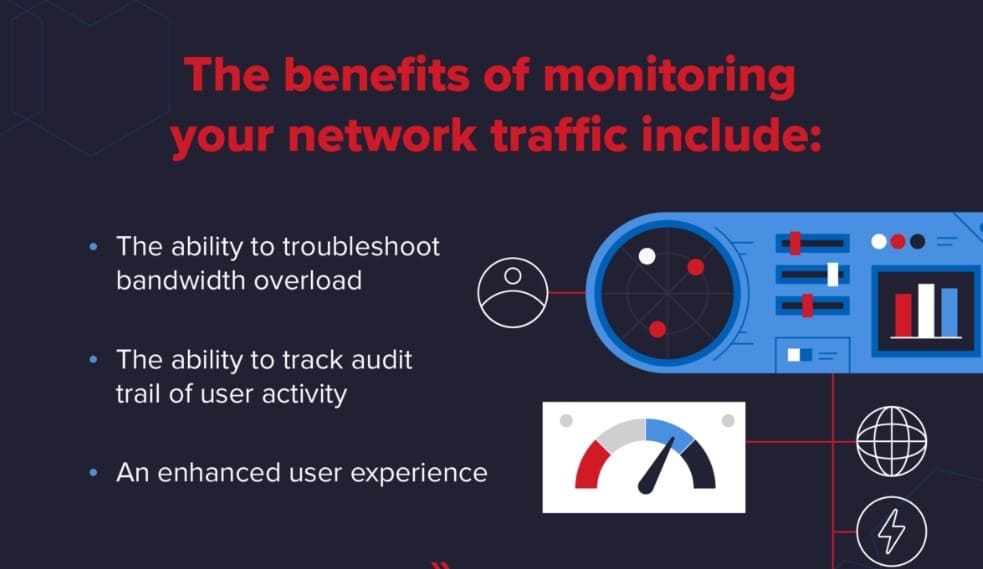
This method requires you to carry out the process of detecting this mischievous invalid or bot clicks yourself. It deals with login into your web and figuring out those IPs in use that repeatedly click on your PPC ads. You can analyze the metrics, the time, and other criteria to help you understand the strategies involved in those clicks.
When you find any unethical invalid fake pay-per-click on any ad campaign, you manually go to Google ads and extract these IPs yourself. Though it's DIY, the method is effective, but to tell you, it can be pretty stressful and draining.
-
Ad Verification
If you own a business and advertise on third-party websites, you need to verify ads. And this can be done manually. You can visit the site and check how your ads are placed. It is advisable to use a different IP address (a VPN will provide you with this).
This is because some fraudsters will show you a different version of their page to deceive you into thinking your ad is placed as agreed. your goal on the page is to verify the ad and see how it is placed. If it is placed in such a way that will result in a lot of accidental clicks, then that is pure PPC fraud to just make money off you.
-
Use Trusted Third-Party Tools
Several trustworthy tools are involved in safeguarding your sites and your PPC ads to prevent any fake and invalid clicks. That’s what they do as a company, so all you have to do is to pay them for their service, and they will make sure to deliver with justification the trust you have in them. Although they can help you prevent PPC fraud, make sure the provider you choose is reputed, tested, and trusted. This method can also be seen as automatic, knowing professionals in the field of such a knowledge base are managing your ads campaign.
-
Use Honeypots
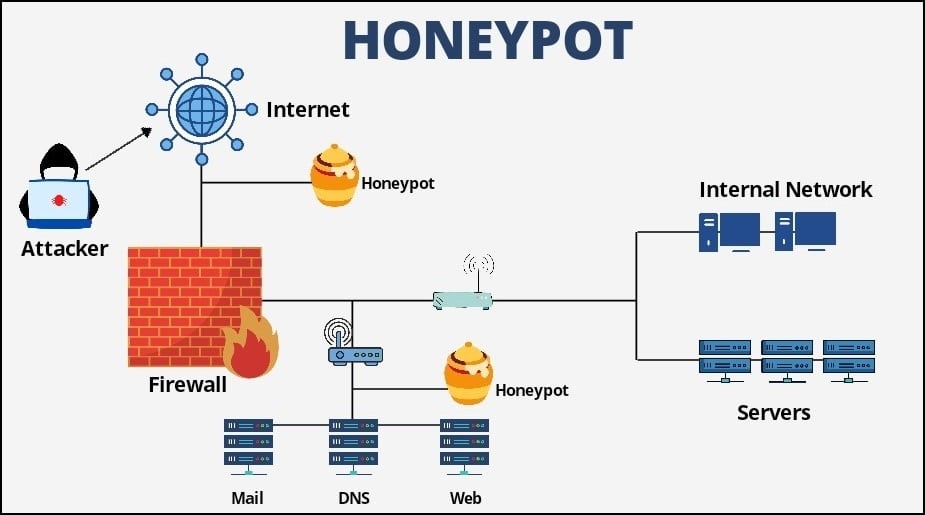
As stated earlier, bots are the major contributors to PPC fraud. Interestingly, with the right technique, they are easy to stop. All you need to do is set up dummy ads that are invisible to humans on a page but visible to bots. the goal is to get a click on the dummy ad.
Once you get that, you can block further ads from such a device by blacklisting its IP address and other identifiable details. While honeypot works, some bot developers are becoming sophisticated in their approach and have the ability to evade honeypots.
-
Filter out Bot Traffic
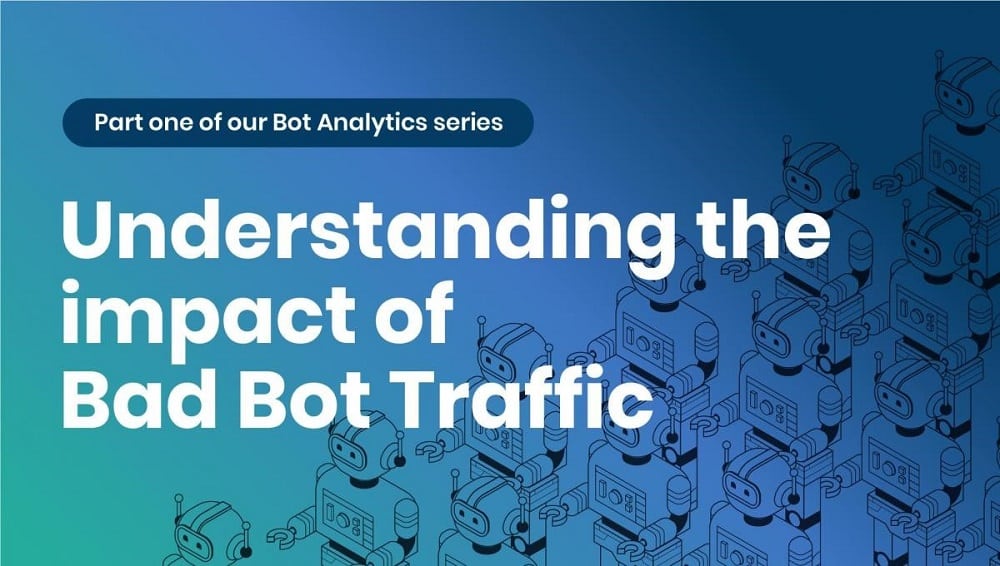
You already know what bot means; thus, filtering out the invalid traffic right from when you are setting up your system is yet another way you can prevent PPC fraud. How to go about this is to go to Google Analytics, click view settings, scroll down and click to check the bots traffic box, select bot filtering, then save progress. By your left, go to the audience tab, scroll down to technology, select it and click on network.
Check the dimensional acquisition box. Go to the filter tab, type in a bot filtering where you are to put the name and select type and exclude everything from traffic to the hostname and click save. That’s how you filter bot traffic to eliminate bot-like activities that can result in fake pay-per-clicks fraud.
FAQs About PPC Fraud 101
Q. Can PPC Fraud Cause a Company’s Ads Campaign to Get Banned by Google?
Yes, PPC fraud can get a company banned. As a brand seeking to engage in brand advertisement like Google ads. Several fraudsters will come in between your ads which in turn will cost you some dollars. And if this act persists several times, and there is always a malicious click whenever your ad is on Google's front page, your ad's perception can appear not to be unworthy enough to stand the test of time and usage. Hence, your ad can get banned as it will seem you are the problem.
Q. Is PPC Fraud Illegal?
The legality and illegality of PPC fraud have no rules guiding it, as no body of law is said to penalize any clients. You can send your ad campaign, but you can never tell who clicks on them and their intentions. Therefore, you can’t charge anyone for any damages you are facing.
That is why search engines are the ones that fight cases with the court for its justification if issues arise. The search engines have faced their share of client complaints and charges since they are the only source known and paid to display the pay-per-click ad.
Q. Is PPC Fraud the Same as Click Fraud?
These concepts are often synonymous in usage, but you should note that PPC and Click fraud render the same function as their goal is similar. What to understand is that PPC fraud is a type of click fraud. Many interchanges this, so I believe you now have new knowledge of these two concepts.
PPC fraud is focused more on Pay-Per-Click ads, which can be on search engines, social media platforms, or even third-party sites. click fraud, on the other hand, includes more, with even CTR fraud on organic search engines seen as click fraud. social media likes are also seen as click fraud.
Conclusion
Engagement in PPC fraud causes lots of chaos to a company’s growth. However, trying to curb this menace will need you to understand what exactly you are dealing with. PPC fraud is not something to chicken out quickly.
In fact, if you don’t fight it to prevent it, you will continue to face these fraudulent clicks, and this is not a good one because, in no time, it will sell you out of your company’s budget. In this article, we have made an effort to analyze what this PPC fraud and how to stay protected.






